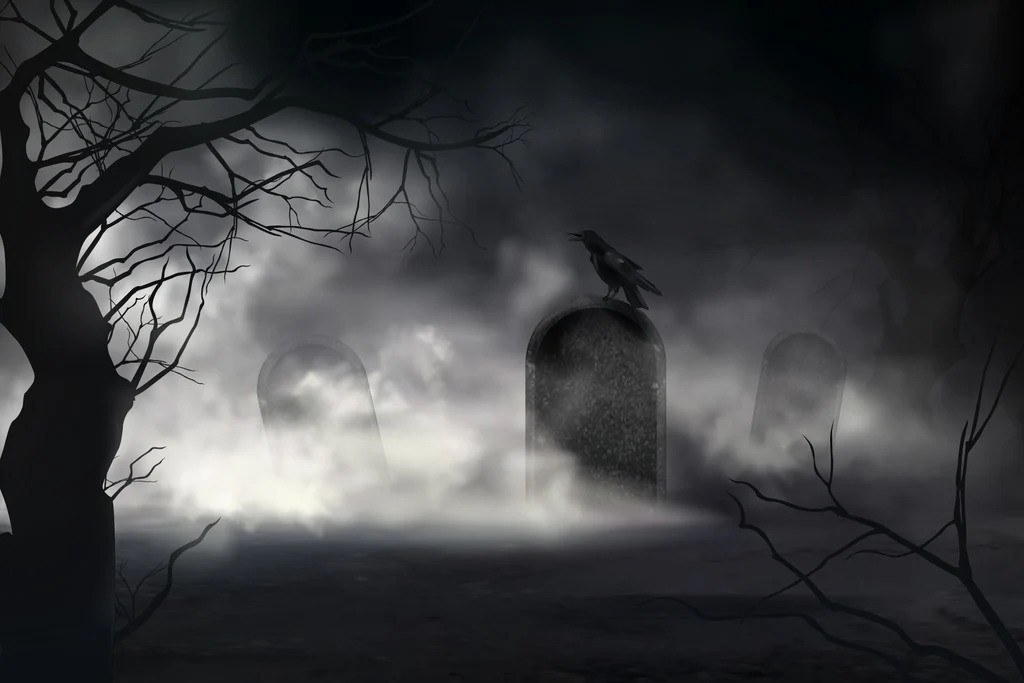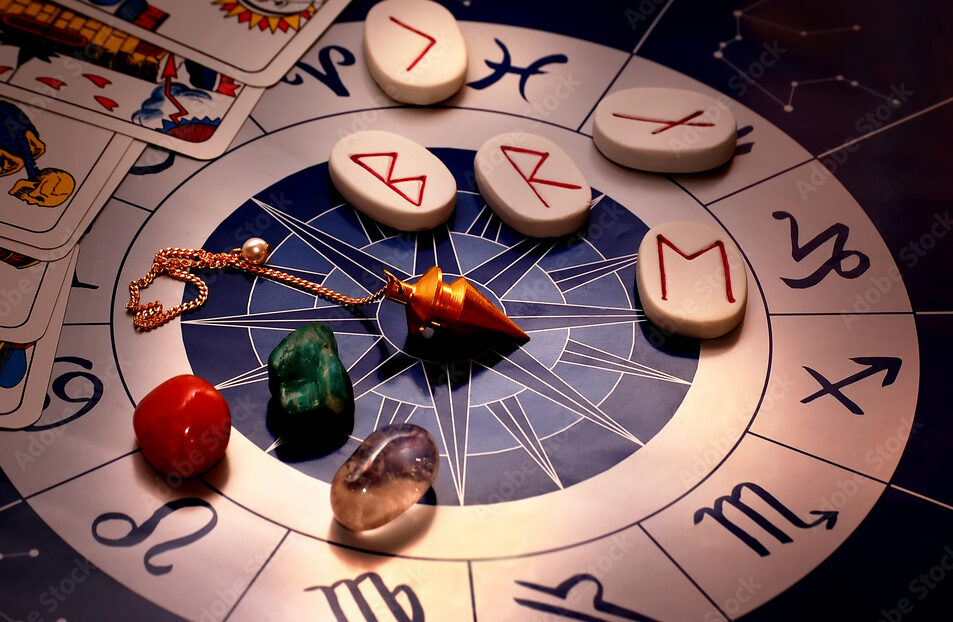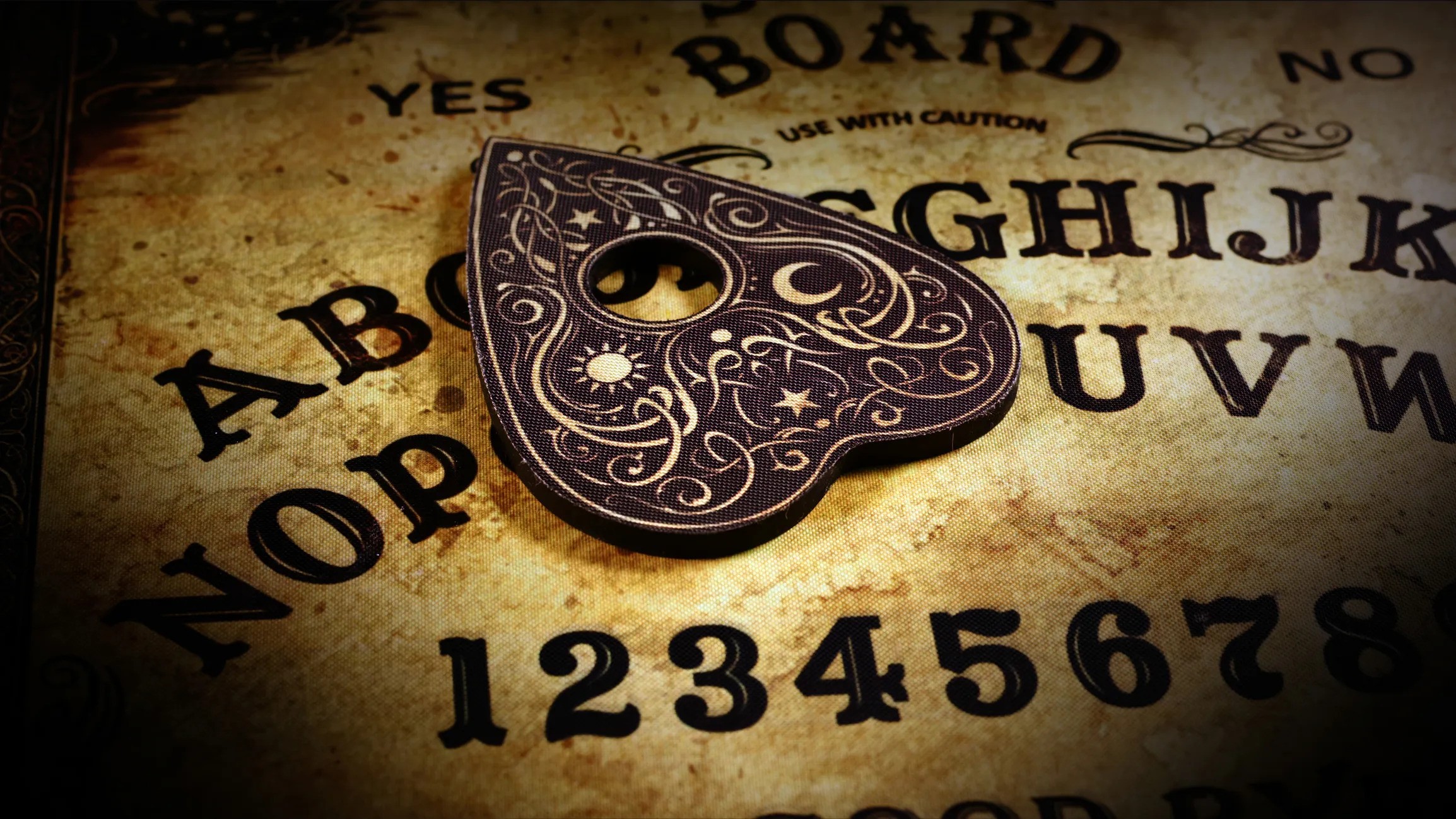What Is A Ghost? Exploring the Mystical Realm of Spirits
Since the beginning of human civilization, the concept of a ghost has intrigued and terrified people worldwide. Ghosts have been a central part of folklore, religious beliefs, and paranormal investigations. But what exactly is a ghost? Are they spirits of the dead or simply figments of our imagination? In this post, we will delve deep into the phenomenon of ghosts, their origins, the different types of spirits, and the theories behind ghostly encounters.
The Definition of a Ghost
At its core, a ghost is typically defined as the spirit or soul of a deceased person that is believed to be haunting the living world. The word “ghost” itself has evolved over time, but its roots are tied to ancient languages and the fear of the unknown.
In many cultures, ghosts are seen as souls that haven’t found peace, often lingering due to unfinished business, traumatic deaths, or emotional attachments. They are often depicted as ethereal, transparent beings, sometimes seen as shadowy figures or shapes.
While the exact nature of ghosts remains a topic of debate, what’s universal is the belief that ghosts represent an entity trapped between the physical world and the afterlife. Many people believe this realm to be purgatory.
A Brief History of Ghosts
Ghosts have been part of human culture for thousands of years. Ancient civilizations such as the Egyptians, Greeks, and Romans had their own interpretations of the afterlife, many involving ghosts and spirits. For instance, the Egyptians believed in an eternal afterlife where the soul would need to pass through various trials, and sometimes, spirits could return to the Earth to communicate with the living. O Cleopatra’s Needle post talks more about the Egyptians.
In the Western world, the idea of ghosts gained further prominence through literature, especially in works by William Shakespeare, Charles Dickens, and other famous writers. Ghost stories were commonly used as vehicles for moral lessons, showcasing the consequences of greed, betrayal, or unresolved wrongs.
Over the centuries, ghosts have transitioned from folklore tales to being central figures in horror literature, films, and television shows. Yet, their presence in society continues to stir a mix of fear, fascination, and skepticism.
Types of Ghosts
When it comes to understanding what a ghost is, it’s important to know that not all ghosts are the same. There are several different types of spirits that are commonly described in paranormal lore. Here are the most recognized types:
- Residual Hauntings
This is one of the most common types of ghosts people report encountering. A residual haunting occurs when a ghost seems to be trapped in a repetitive loop. These hauntings typically involve spirits re-enacting a specific event or action repeatedly, without any interaction with the living. These types of hauntings are often described as “echoes” of past events, also known as unintelligent spirits, with the ghost unaware of the people around them. This theory explains the Grey Ladies looking out through the window of a stately home and is commonly linked to The Stone Tape Theory. - Intelligent Spirits
Unlike residual hauntings, intelligent spirits are believed to be more aware of their surroundings and may attempt to communicate with the living. These spirits might try to convey a message, seek closure, or simply interact with those around them. Some ghost hunters claim to have communicated with these spirits using tools like EVP (Electronic Voice Phenomena) devices. One of the most astounding cases of an intelligent spirit manifestation takes place at the Three Tuns Inn in Shropshire, UK, where the spirit not only interacts with people but also seems to be up to date with the latest football scores. - Poltergeists
The term “poltergeist” comes from German and translates to “noisy ghost.” These spirits are often associated with disturbances like moving objects, loud noises, or physical attacks. Unlike typical ghosts, poltergeists are believed to have more active interactions with their environment. Some theorists suggest poltergeist activity could be linked to psychic energy, rather than a traditional ghost. There are many recorded examples of poltergeist activity including The Lizzie Borden House and the Haunted Highclere Castle. - Apparitions
Apparition is the term for a spirit that can manifest as either a full-bodied or partial-bodied manifestation. Apparitions appear solid or translucent, sometimes behaving as if they were still alive.
Ghost Sightings: Fact or Fiction?
The question of whether ghosts exist is one that has fascinated scientists, paranormal enthusiasts, and skeptics for centuries. While there have been countless ghost sightings and paranormal experiences reported around the world, definitive proof of their existence remains elusive.
Many people who claim to have encountered a ghost describe feelings of unease, cold spots, or an overwhelming sense of being watched. Skeptics argue that many of these experiences can be attributed to psychological factors such as grief, stress, or even sleep paralysis. In fact, some scientific explanations suggest that infrasound, low-frequency sound waves, could cause sensations of fear and anxiety, which could be mistaken for ghostly encounters.
Despite the lack of concrete evidence, ghost sightings continue to be a prominent feature in modern culture, with paranormal investigation shows and ghost tours attracting millions of fans. This has led to an ever-growing interest in what might happen to us after death and whether spirits truly walk among us.
Theories Behind Ghosts
Several theories have been proposed to explain ghostly phenomena. While many people believe that ghosts are the spirits of the dead, other theories suggest more psychological or environmental causes.
- The Afterlife
The most widely accepted belief is that ghosts are the souls or spirits of individuals who have died but are unable to move on to the afterlife. Various religions and spiritual practices, such as Christianity, Hinduism, and Buddhism, offer their own interpretations of life after death, with many suggesting that spirits may remain on Earth if they have unfinished business. - Psychic Residue
Another theory proposes that intense emotional or traumatic events leave an imprint on the environment, like a “psychic residue.” According to this theory, these imprints can manifest as ghostly phenomena, allowing the energy of past events to replay themselves as harmless recordings detailed in The Stone Tape Theory. - Energy Theory
Some scientists believe that ghosts are simply a form of energy, perhaps residual energy from the living. This theory suggests that energy from a person’s life force may linger after death and could occasionally manifest in ways that we interpret as ghostly encounters.
Ghosts in Popular Culture
The fascination with ghosts has reached far beyond academic and paranormal circles, becoming a staple of popular culture. From classic novels like Dracula to contemporary blockbusters like The Sixth Sense, ghosts have long captivated our imaginations. Television shows like Ghost Hunters and The Haunting of Hill House continue to explore the mysterious world of spirits.
Ghosts are also featured in a wide array of folklore, art, and Halloween traditions, perpetuating the belief in these supernatural beings. Many of us have heard tales of haunted houses, creepy cemeteries, or ghostly apparitions at night. Whether we see them as real or simply as a form of entertainment, they remain a constant presence in modern storytelling.
Conclusion: What Is A Ghost?
A ghost is much more than just a supernatural entity; it’s a cultural and psychological phenomenon that has transcended centuries. While the true nature of ghosts remains shrouded in mystery, their presence in folklore, art, and even science shows their significance in our lives. Whether you believe in spirits or consider them a figment of imagination, the idea of ghosts will likely continue to intrigue and haunt us for generations to come.
Final Thoughts
Understanding what a ghost is involves more than just exploring spooky stories or ghost sightings, it’s about reflecting on how humans perceive death, the unknown, and the afterlife. Ghosts may symbolize the unexplained, the emotional, or the spiritual, leaving us with the question: do they truly exist, or are they simply echoes of our collective fears and hopes?
If you’ve ever encountered a ghostly experience, share your story in the comments below, whether it’s a ghost you encountered first hand or just a captivating tale passed down through generations.



